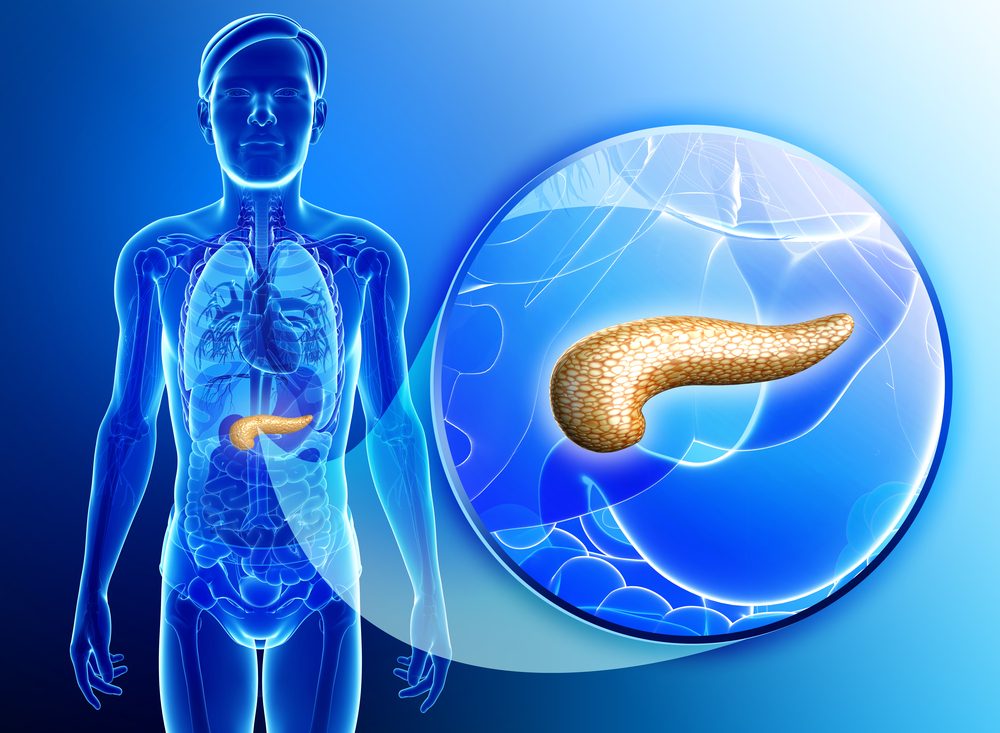Cushing’s May Increase Risk of Acute Pancreatitis

Cushing’s syndrome may increase the risk of acute pancreatitis, a condition in which the pancreas becomes inflamed suddenly, according to a recent case report.
The study, “Acute pancreatitis associated with Cushing syndrome – A case report and literature review,” was published in the journal Annals of Medicine and Surgery.
Cushing’s syndrome is characterized by excessive levels of the hormone cortisol. This can be triggered by long-term use of steroid treatments, or by the presence of certain tumors in the brain’s pituitary gland (Cushing’s disease) or elsewhere in the body.
Prolonged exposure to corticosteroids also has been associated with acute pancreatitis, although the two conditions rarely are seen together.
Researchers in Morocco described the rare case of a 37-year-old woman who had both acute pancreatitis and Cushing’s syndrome.
She had a six-month history of corticosteroid use, which was discontinued three months before she was admitted to the hospital with abdominal pain and vomiting.
At the time of her admission to Ibn Rochd University Hospital in Casablanca, her vital signs were normal. Nevertheless, she showed signs of muscle atrophy (shrinkage) in her legs, and had purple stretch marks on her abdomen and legs that first appeared after she started taking corticosteroids.
A blood test revealed the patient had an elevated 24-hour cortisol level of 95 micrograms (mcg). Normal range is 3.5–45 mcg), which led physicians to diagnose her with Cushing’s syndrome.
Elevated levels of the pancreatic enzyme lipase (236 units/L, with normal range being 10–140 units/L), and the inflammation marker C reactive protein (120 mg/L, with normal range being less than 10 mg/L) both were suggestive of severe acute pancreatitis. This diagnosis was confirmed later by a computed tomography scan of her abdomen.
The patient received pain medications, rehydration with saline and glucose (blood sugar), and the proton pump inhibitor esomeprazole (marketed as Inexium in France) to help reduce stomach acid. She also started being fed intravenously to allow her digestive system to recuperate.
Three weeks after beginning treatment, the patient was discharged from the hospital with instructions to continue being treated and closely monitored by endocrinologists. At her four-month follow-up appointment, she was in good health and no longer needed treatment.
The researchers suggest this and similar cases indicate that Cushing’s syndrome may be a risk factor for acute pancreatitis.
“Although detailed studies and evidence are lacking, it can therefore be inferred that [Cushing’s syndrome] is one of the risk factors for the onset of acute pancreatitis,” the investigators wrote.
However, they added that “further studies are needed to establish [it] because one case study cannot confirm the causative relationship between the two diseases.”






